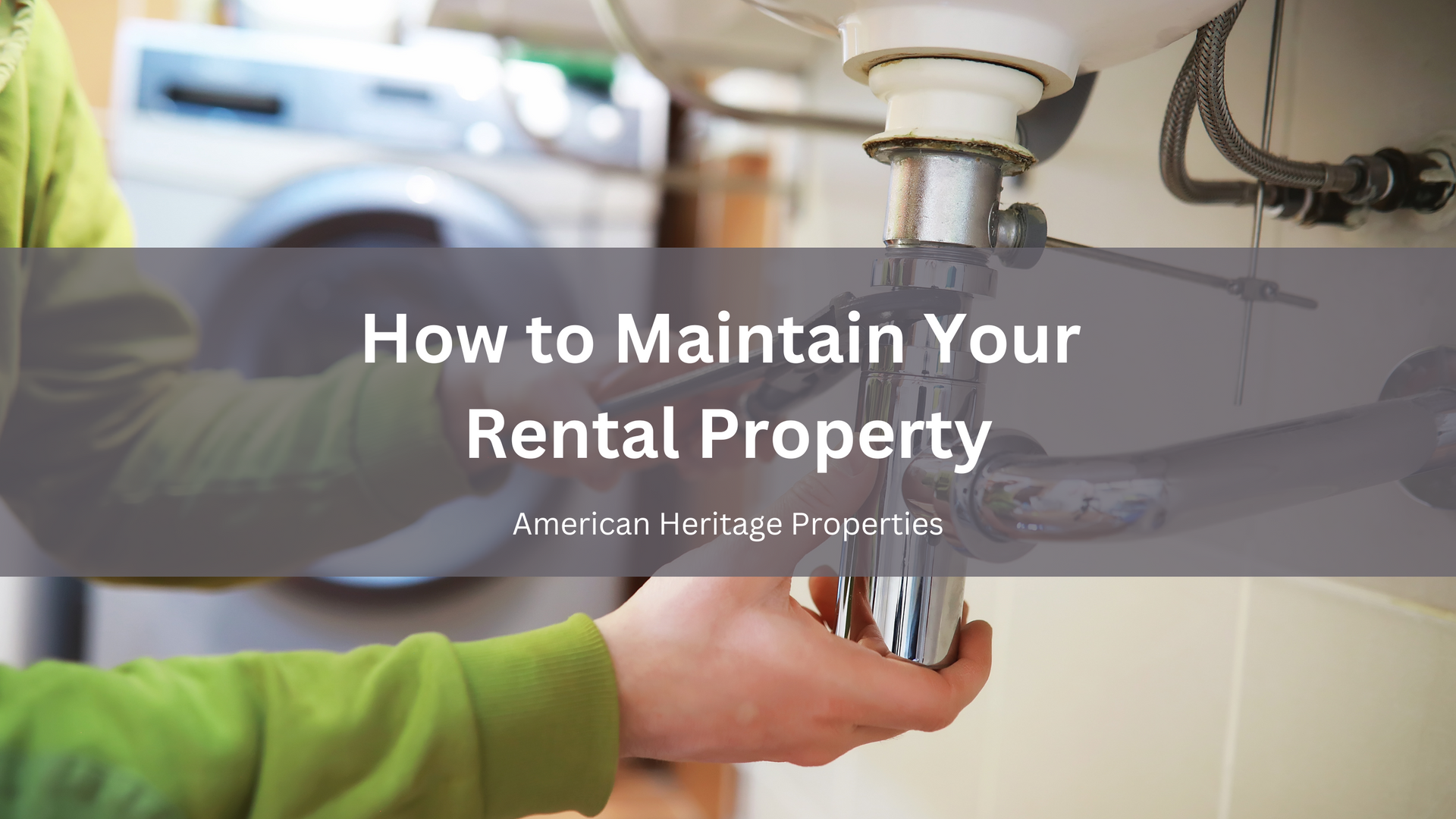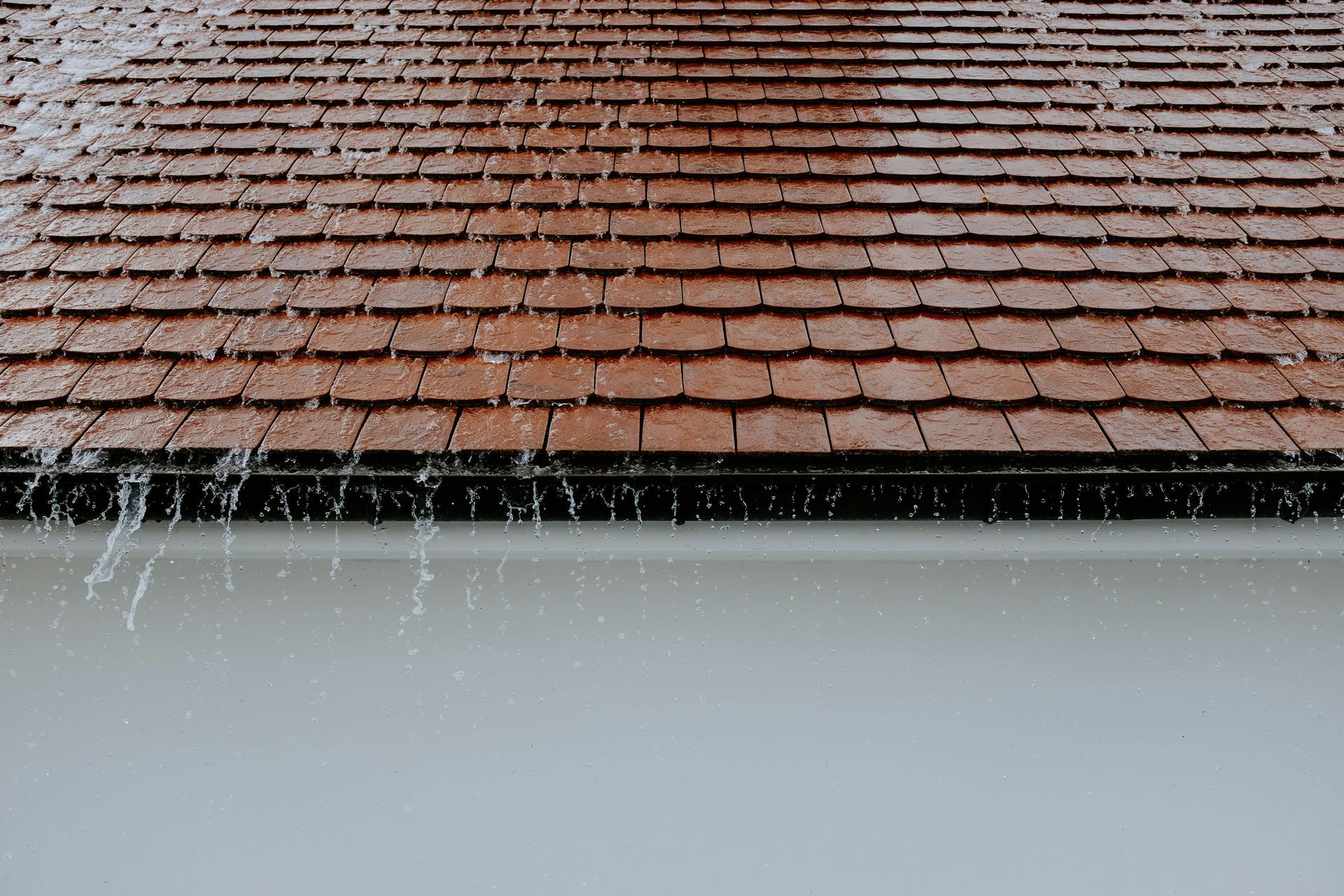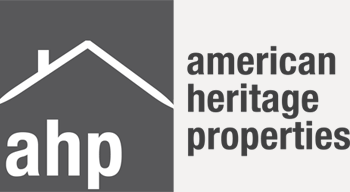How to Maintain Your Rental Property

Renting out your property can be a rewarding investment, but it comes with its own set of challenges. One of the most crucial aspects is maintenance. Maintaining your property keeps it in excellent condition, attracts reliable tenants, and ensures long-term profitability.
However, as a landlord, you need to understand your legal responsibilities for property upkeep and know how tenants can also contribute.
Why Property Maintenance Matters
Maintaining your property is crucial for several reasons. First, it safeguards your investment. A well-maintained property is less likely to experience expensive repairs due to preventable issues like
water damage or mold. Regular upkeep also ensures tenant safety and minimizes legal risks associated with hazardous living conditions.

A clean and well-kept property appeals to quality tenants. When tenants see that a property is cared for, they are more likely to treat it well. This can reduce vacancy periods, increase tenant retention, and justify competitive rental prices.
Landlord’s Property Maintenance Responsibilities
As a landlord, you are legally required to keep the property in good living condition. Here's an overview of your key responsibilities:
1. Ensuring Habitability
Landlords must provide a habitable property that meets basic living standards like functional plumbing, heating, and electricity. The property should be structurally sound. Failing to meet these standards can result in tenant complaints or legal action.
2. Meeting Health and Safety Standards
You are responsible for complying with local building codes and health and safety regulations. This includes ensuring working smoke detectors, carbon monoxide detectors, and proper ventilation. Hazards like asbestos or lead paint must be addressed promptly.
3. Addressing Essential Repairs
Timely repairs are vital to maintaining the property. Issues like leaking roofs, broken furnaces, or faulty wiring should be fixed promptly.

While tenants may handle minor wear and tear, landlords are responsible for major repairs affecting the habitability of the property.
4. Ensuring Utility Functionality
Depending on your lease agreement, you may need to ensure utilities such as water, gas, and electricity are in working order. If utilities are included in the rent, it is your responsibility to ensure that bills are paid and services remain uninterrupted.
5. Managing Pest Control
Landlords are responsible for pest control if infestations occur before the tenant moves in or if ongoing issues arise that are not caused by tenant negligence. Addressing pest problems is crucial to maintaining a healthy living environment.
Tenant Contributions to Property Maintenance
While landlords have significant responsibilities, tenants also play a role in maintaining the property. Here are some ways tenants are legally required to contribute to upkeep:
1. Maintaining Cleanliness
Tenants must keep the property reasonably clean and free of health hazards. This includes taking care of regular cleaning tasks, like wiping down surfaces, vacuuming, and ensuring that trash is disposed of properly.
2. Reporting Issues Promptly
Tenants should report any maintenance issues as soon as they arise. Delaying a report about a leaking pipe or broken appliance could worsen the problem, and tenants may be held partially responsible for any resulting damage.
3. Handling Minor Repairs
Depending on the lease agreement, tenants may be responsible for minor repairs and upkeep, such as replacing light bulbs, unclogging drains, or maintaining the lawn.

It’s important to clearly outline these expectations in the rental agreement.
4. Preventing Damage
Tenants must avoid causing damage to the property, whether accidental or intentional. While normal wear and tear is expected, any significant damage, such as broken windows or holes in walls, should be repaired by the tenant or deducted from their security deposit.
5. Complying with Property Rules
Tenants are required to follow any additional property rules set out in the lease, such as no-smoking policies or pet restrictions.
These rules help protect the property from damage and maintain its value.
How Professional Property Managers Can Help
If maintaining your rental property feels overwhelming, consider hiring a professional property manager. Here’s how a property manager can assist:
1. Managing Maintenance and Repairs
Property managers often have a network of trusted contractors, ensuring that repairs are handled promptly and professionally. They will also keep track of routine maintenance, such as HVAC servicing or pest control, so you don’t have to worry about it.
2. Communicating with Tenant
Property managers serve as the point of contact for tenants, handling rent collection, maintenance requests, and emergencies. This relieves you from dealing with every issue personally.
3. Ensuring Legal Compliance
Professional property managers stay up-to-date on local rental laws and regulations, ensuring that your property complies with all safety, health, and tenancy laws. This reduces the risk of fines or legal issues.
4. Maximizing Profitability
By keeping the property well-maintained and renting it to high-quality tenants, a property manager can help maximize your rental income. They can also guide rental rates based on current market trends.
Bottom Line
Maintaining your rental property is not just about meeting legal obligations—it's about protecting your investment and ensuring its long-term profitability. Staying on top of repairs, regular maintenance, and tenant relations is essential.
However, if the task feels overwhelming, professional property management can be a valuable resource. Contact American Heritage Properties today to learn how we can help you maintain and advertise your rental property effectively.









